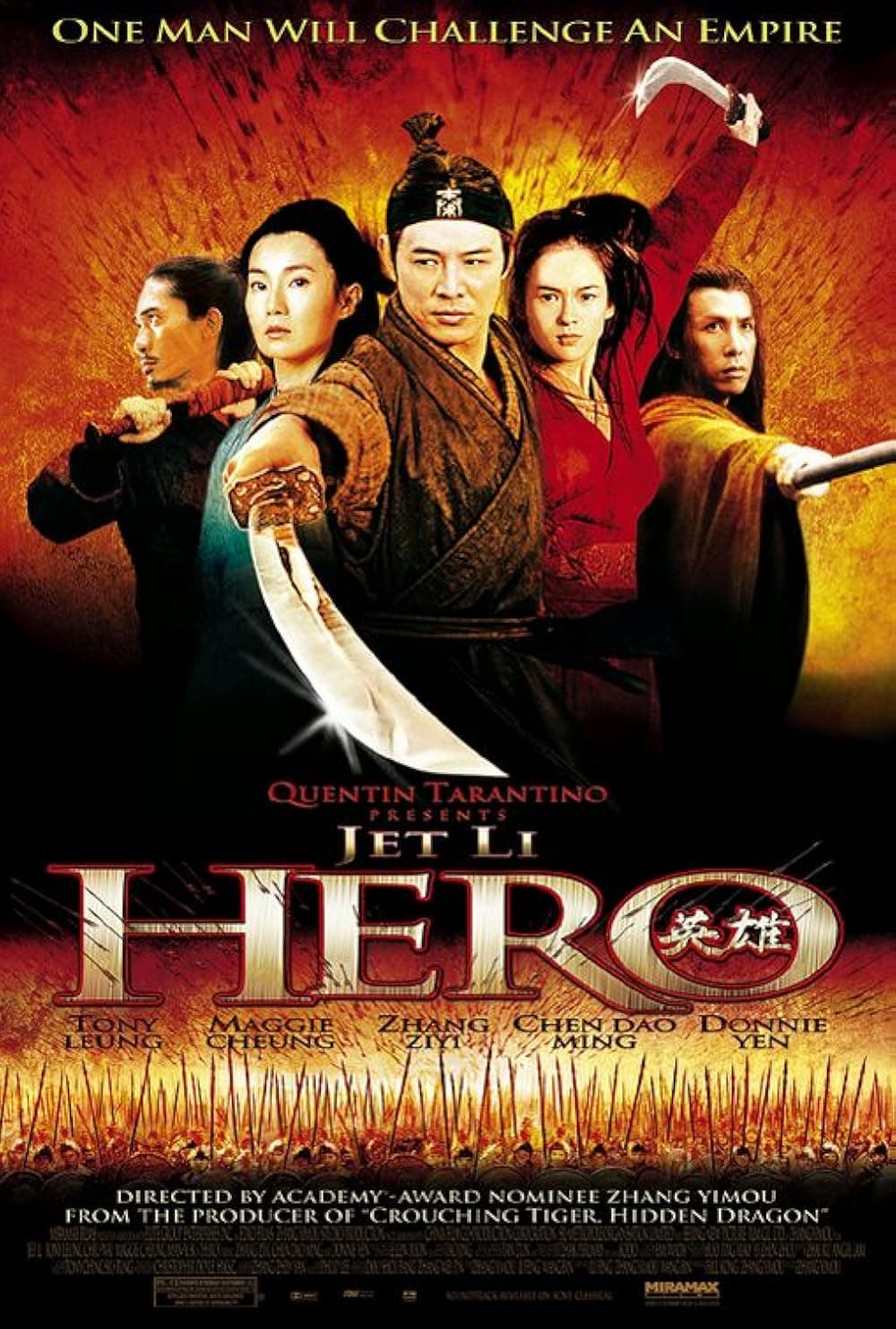
Hero
2002
Rate this movie
Average: 0.00 / 5
(0 votes)
Director
A lavish production for the most expensive film ever made in China, which instantly became a mass phenomenon upon its release in the East and a symbol of a new, ambitious phase of national cinema. With a budget of approximately 30 million dollars at the time, "Hero" was not only an unprecedented commercial success but also a bold assertion of China's production and artistic capabilities on the global stage, preparing the ground for the wave of historical blockbusters that would follow. It was the manifesto of a rapidly growing industry, eager to capture the world's attention not only through the more intimate and realistic stories that had characterized Zhang Yimou's early years but also through epic grandeur and visual spectacle.
In the United States, Miramax was tasked with its distribution at the insistent request of Quentin Tarantino, who, struck by the film's vision, wanted it to be distributed in American cinemas at all costs, even delaying its release to avoid overlapping with other major titles. Tarantino's insistence, a known enthusiast and profound connoisseur of Asian cinema, particularly martial arts films, lent the film an aura of a "cult object" even before its screening, helping to cement its status as a cultural bridge between the East and the West. It was not just a Wuxia film, but a work that spoke a universal language, capable of enchanting diverse audiences with its unparalleled beauty.
In 201 BC, China is divided into seven kingdoms, each in violent conflict with the other. A historical period of incessant war, which saw the constant pursuit of unification destined to shape the nation's identity. The ruler of the most powerful of them, the kingdom of Qin, the future First Emperor, fears for his life because he knows that three formidable assassins have been hired by the other kingdoms to kill him: Sky, a great spear specialist, Flying Snow, an unsurpassed swordswoman, and Broken Sword, a master of sword and calligraphy arts. The latter two, besides being legendary warriors, are also lovers, whose tragic relationship will be inextricably intertwined with China's destiny.
Great is his surprise when he welcomes a traveler who claims to have defeated the three samurai one after another in a duel. The King, who grants audience only to people positioned no less than a hundred paces from him, allows the stranger to approach twenty paces for each enemy of the Qin kingdom he can prove to have defeated. Thus begins a marvelous account of the deeds of the nameless stranger, a narrative that, with each step closer to the throne, reveals itself not only as a story of courage, but a labyrinth of multiple truths, distorted perceptions, and ineffable sacrifices. The interlocking structure, which in some respects recalls Kurosawa's Rashomon in its exploration of the subjectivity of truth, is a crucial element: each version of events is not simply a flashback, but a filter through which characters project their own motivations, fears, and ideals. Reality is never singular in "Hero," but a mosaic of overlapping and contradictory perspectives, reflecting the complexity of the moral dilemmas that drive the protagonists.
When stylistic perfection meets cinema, films like Zhang Yimou's "Hero" are born, truly a great master of image understood as an iconographic vector of style and suggestion. After years of more intimate films radically anchored to social realism, such as "Red Sorghum" or "Raise the Red Lantern," Yimou tackles the epic, without betraying his artistic sensibility but elevating it to a new level of grandiloquence. His direction, aided by Christopher Doyle's visionary cinematography, transforms every frame into a work of art, a moving painting that draws upon the aesthetic richness of traditional Chinese painting and the fluidity of calligraphy. The combat scenes, in particular, are more akin to aerial ballets, to dance choreographies where gravity is optional and the human body becomes an instrument for expressing grace and power, transcending mere violence to reach an almost spiritual dimension. It is Wuxia elevated to a pure art form, where martial skill is a manifestation of inner harmony and connection with nature.
Truly splendid is the use of colors that characterize precise phases of the narrative: in Nameless's account, red predominates, a symbol of passion, primordial violence, and blood-soaked sacrifice, but also of the tormented love between Flying Snow and Broken Sword; in the Qin King's account, blue, the color of imperial majesty, of cold and detached strategy, of the solitude of power, and of a vision of unity that transcends individual lives; in Nameless's flashback, white and beige, hues that evoke the purity of truth, spirituality, death, but also the idea of renunciation and a supreme sacrifice for a greater ideal; in Broken Sword's flashback, green, the color of nature, of longed-for peace, of the memory of a lost harmony or a desired, perhaps more utopian, future, which clashes with the harsh reality of politics and war. This chromatic palette is not a mere aesthetic choice, but a narrative language in itself, guiding the viewer through the different interpretations of truth and the emotional nuances of each character, elevating the film to a visual symphony.
An ecstasy for the eyes and the soul is this film by Zhang Yimou, where a millenary Eastern culture harmonizes perfectly with a modern aesthetic, the stylistic hallmark of a director with great iconographic taste and a remarkable technical background. "Hero" is not just a martial arts film; it is a profound meditation on the concept of Tianxia ("All Under Heaven"), meaning the unification of China under a single power, and on the often bloody price history has demanded to achieve it. The dilemma between individual heroism, personal revenge, and the greater good of the nation is the film's beating heart, culminating in Nameless's final decision, which embodies the difficult choice between private justice and collective peace. Calligraphy, not a simple hobby, but a martial art, a philosophy of life, is a powerful leitmotif that links violence to discipline, action to contemplation. And while "Crouching Tiger, Hidden Dragon" had opened the doors of Wuxia to a global audience with its melancholic elegance, "Hero" burst forth with its chromatic audacity and monumental epic scale, consecrating Zhang Yimou as a master capable of balancing the grandeur of history with the intimacy of the human soul, leaving an indelible mark on the history of world cinema.
Gallery
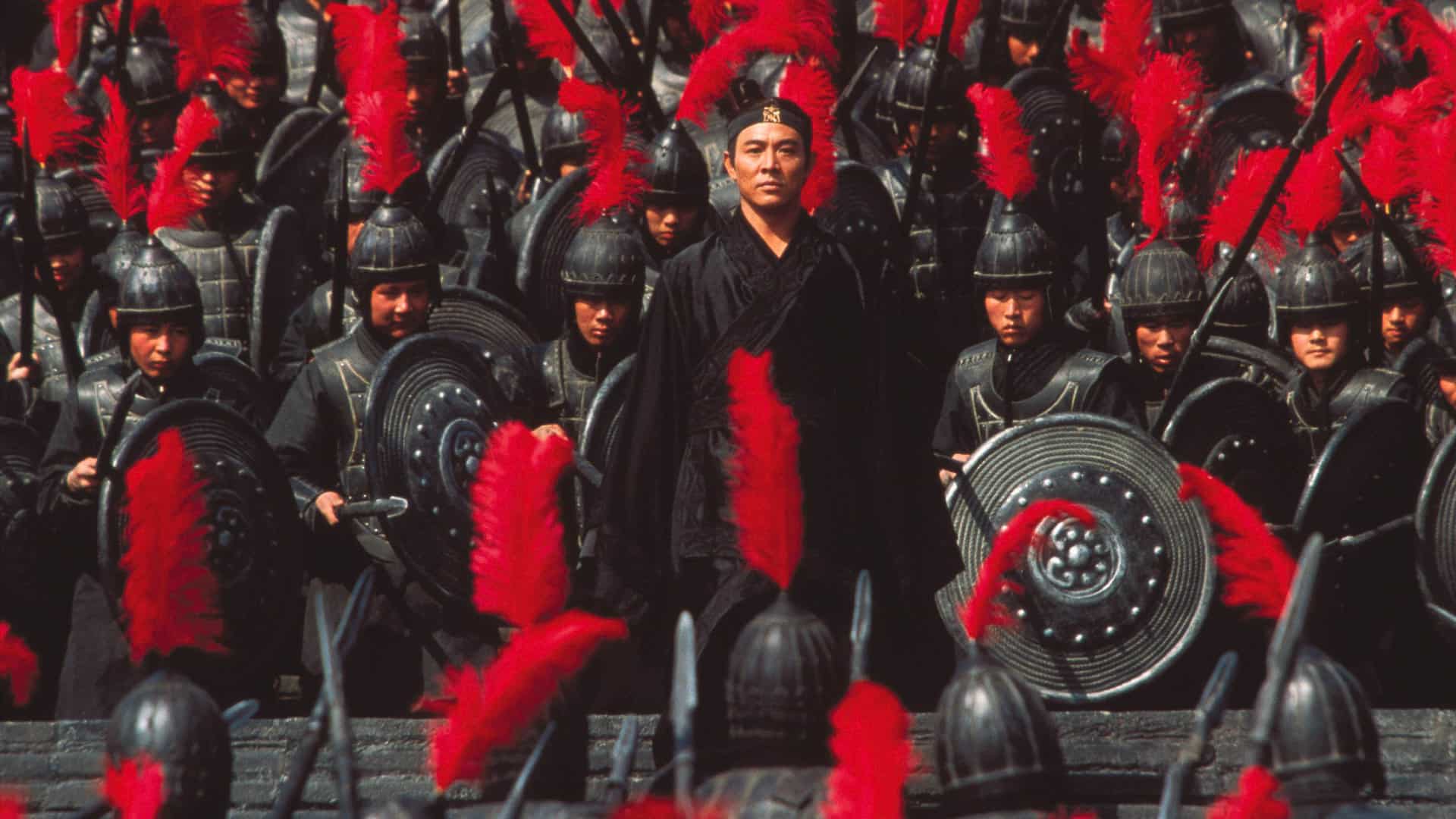
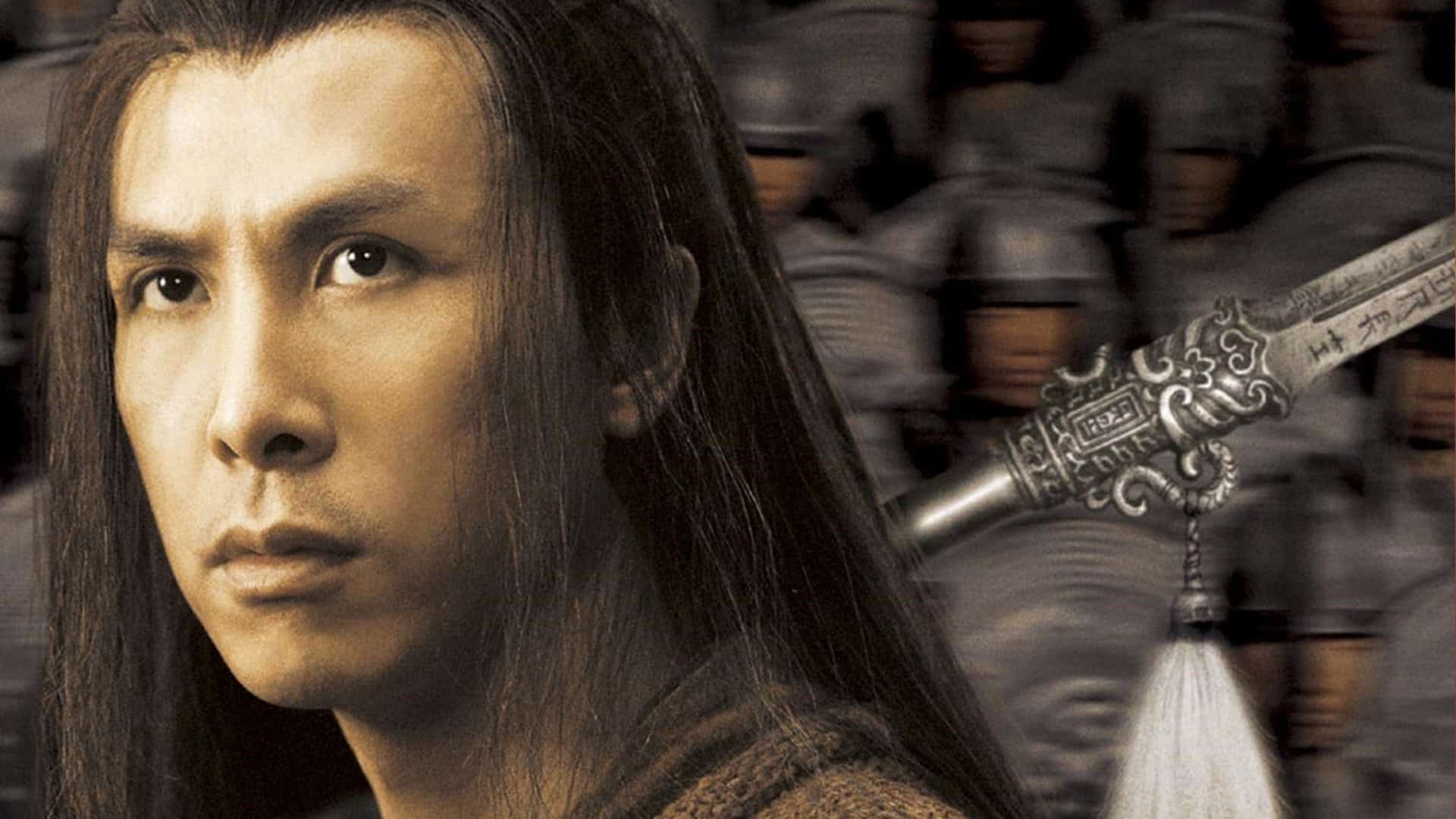
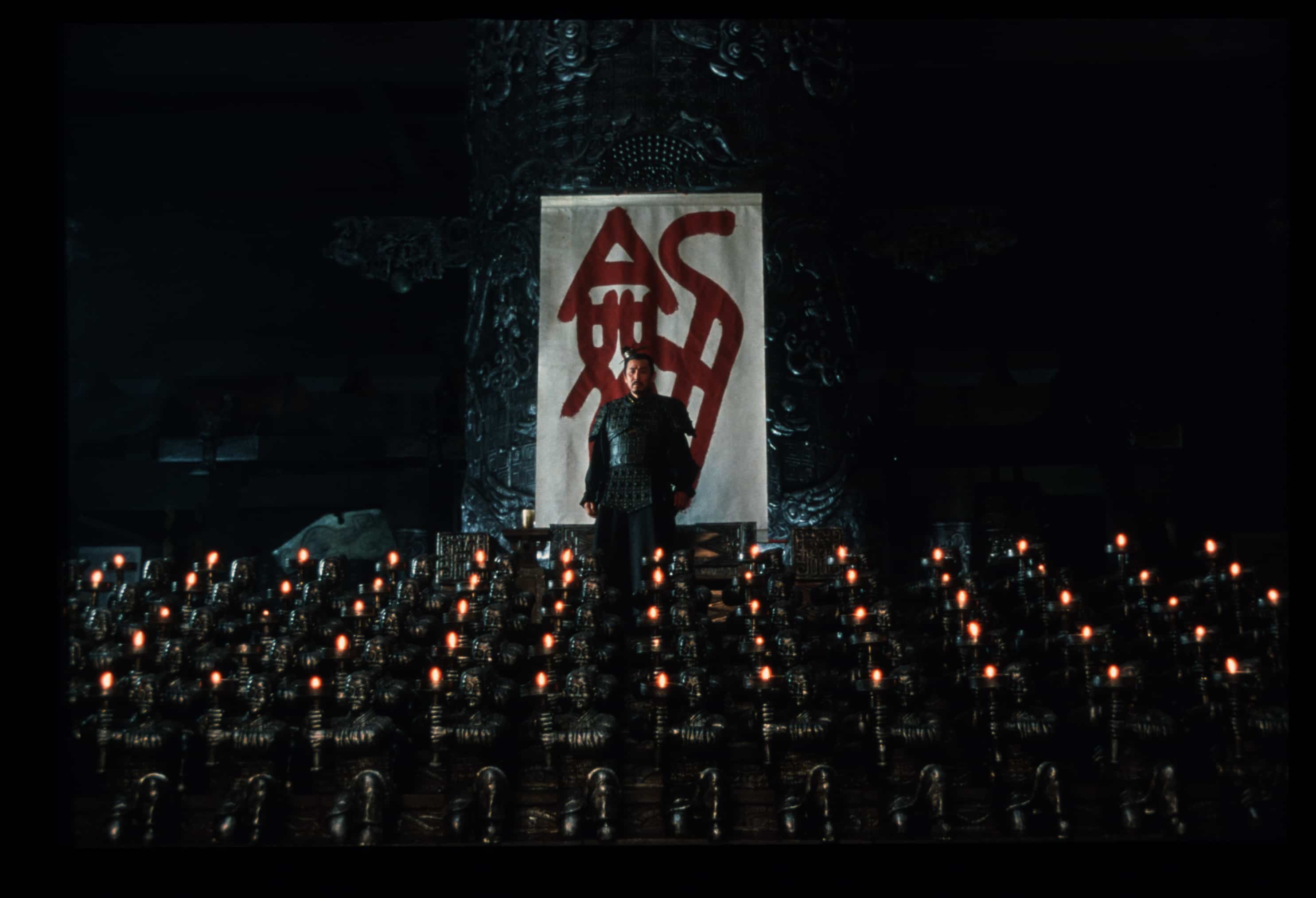
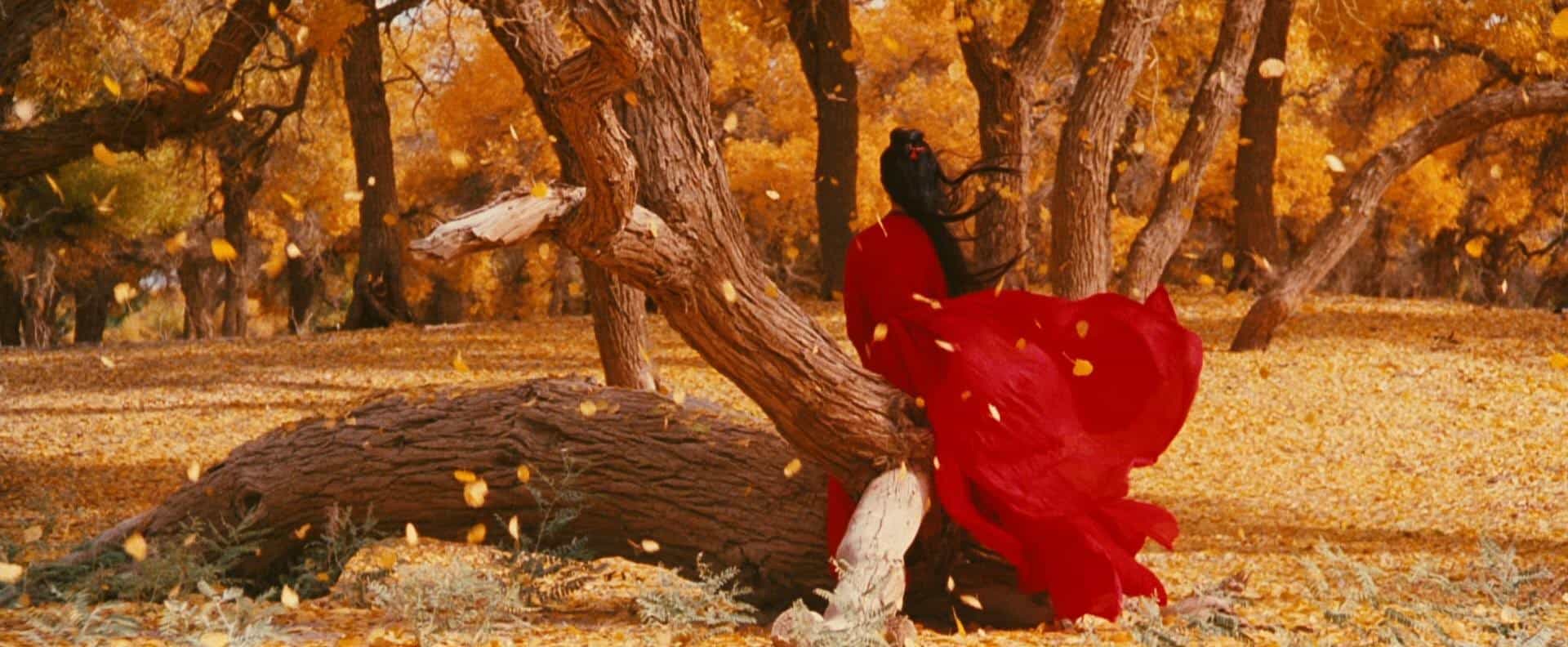
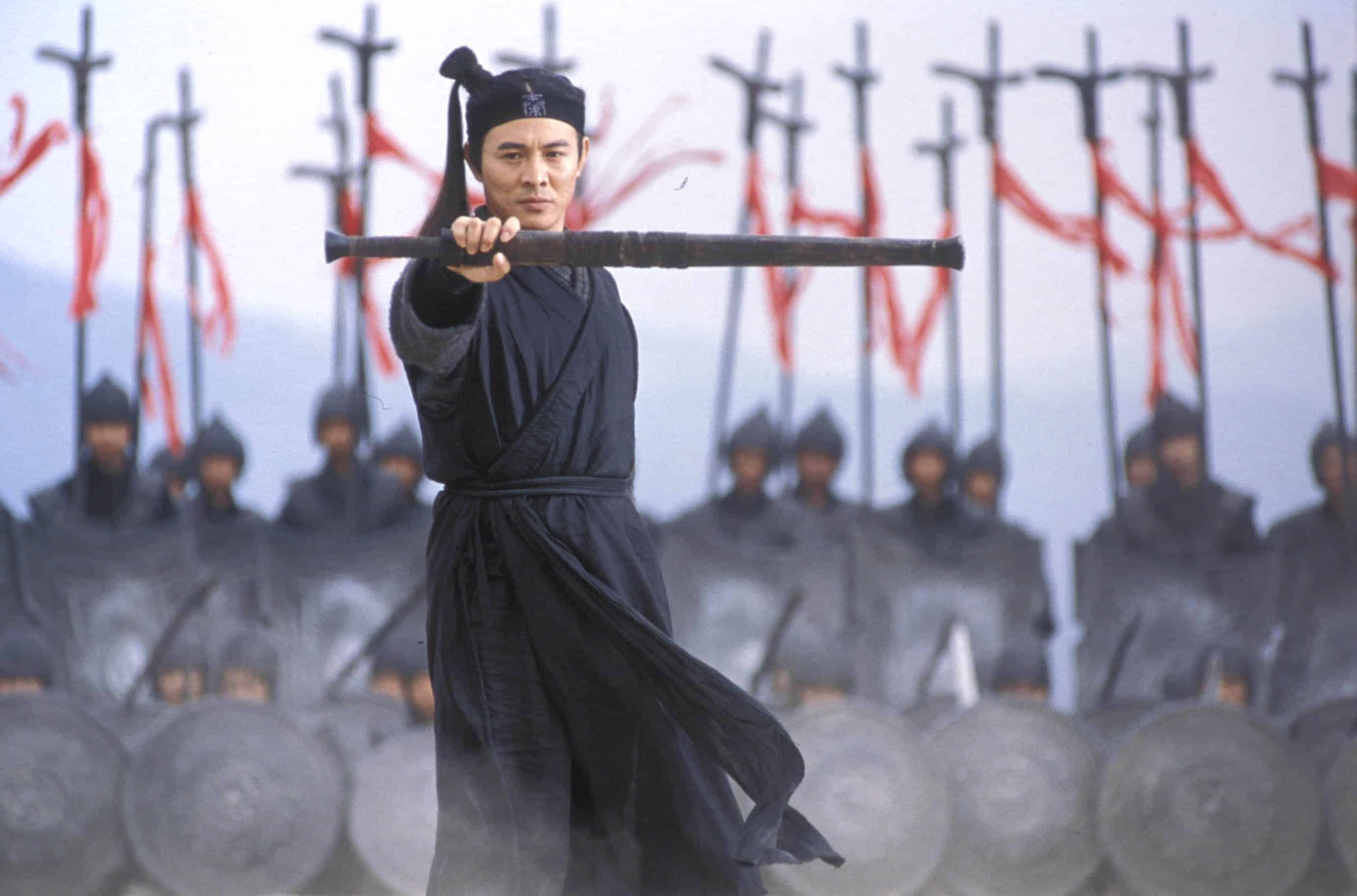
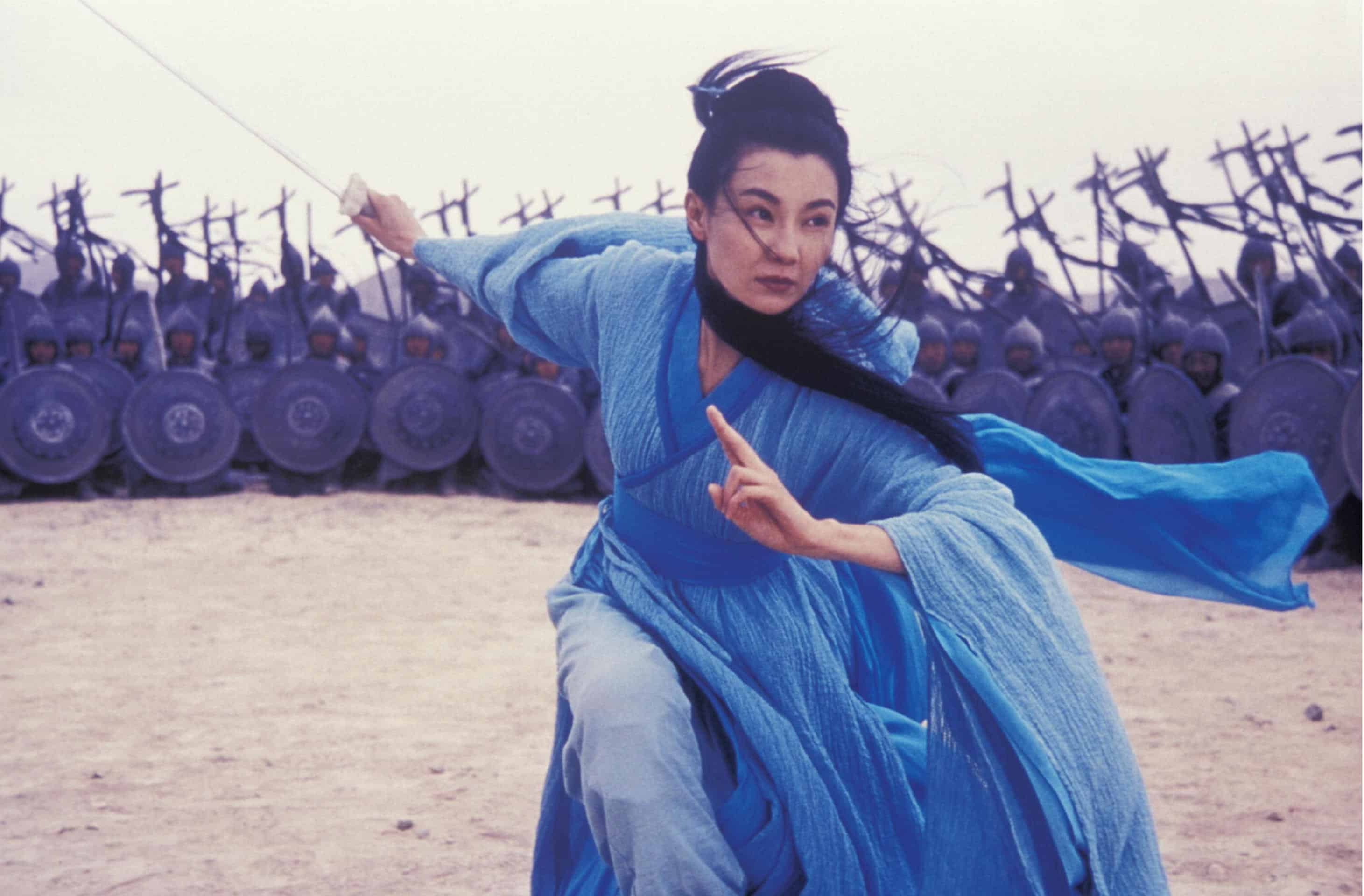
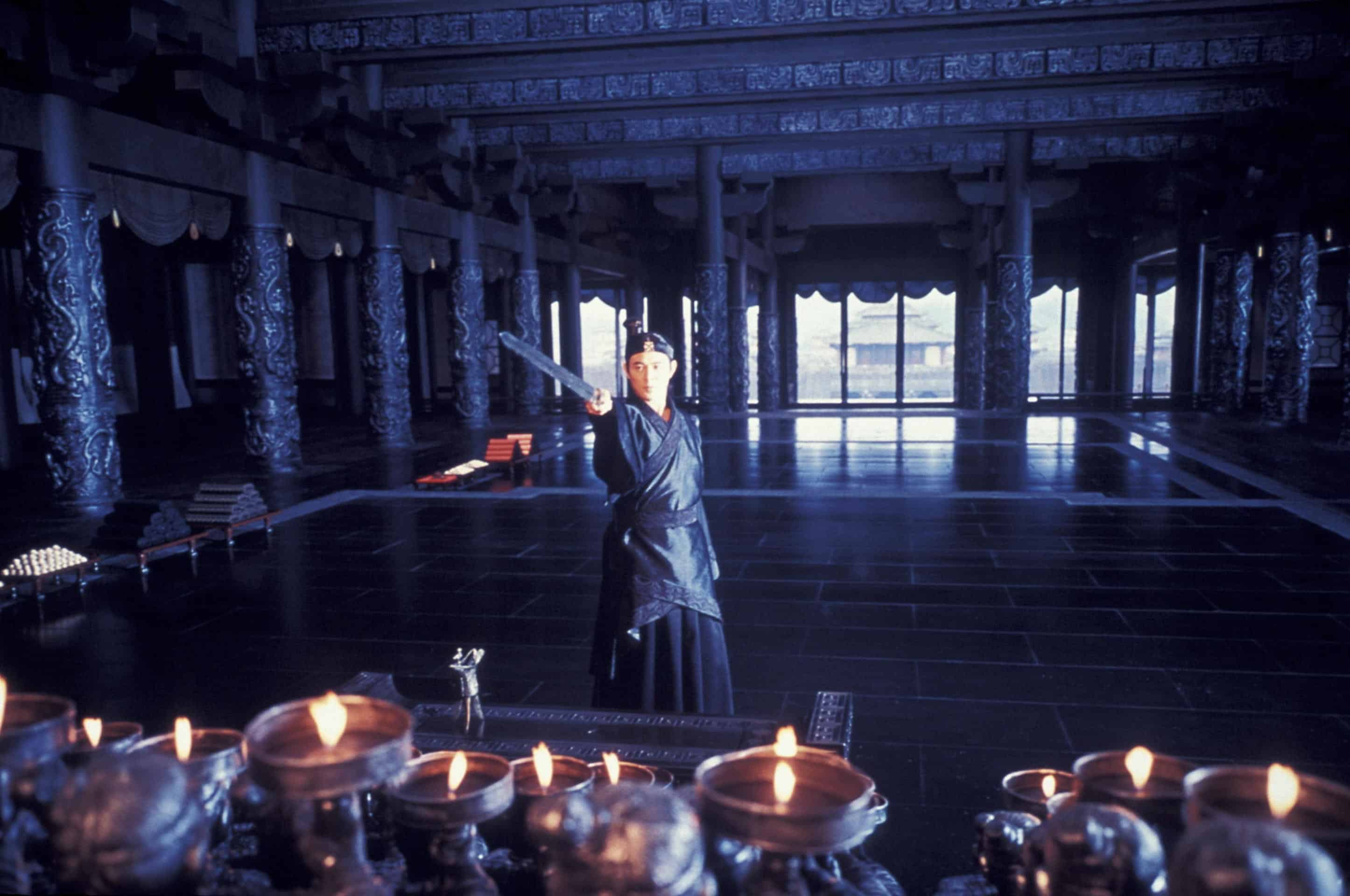
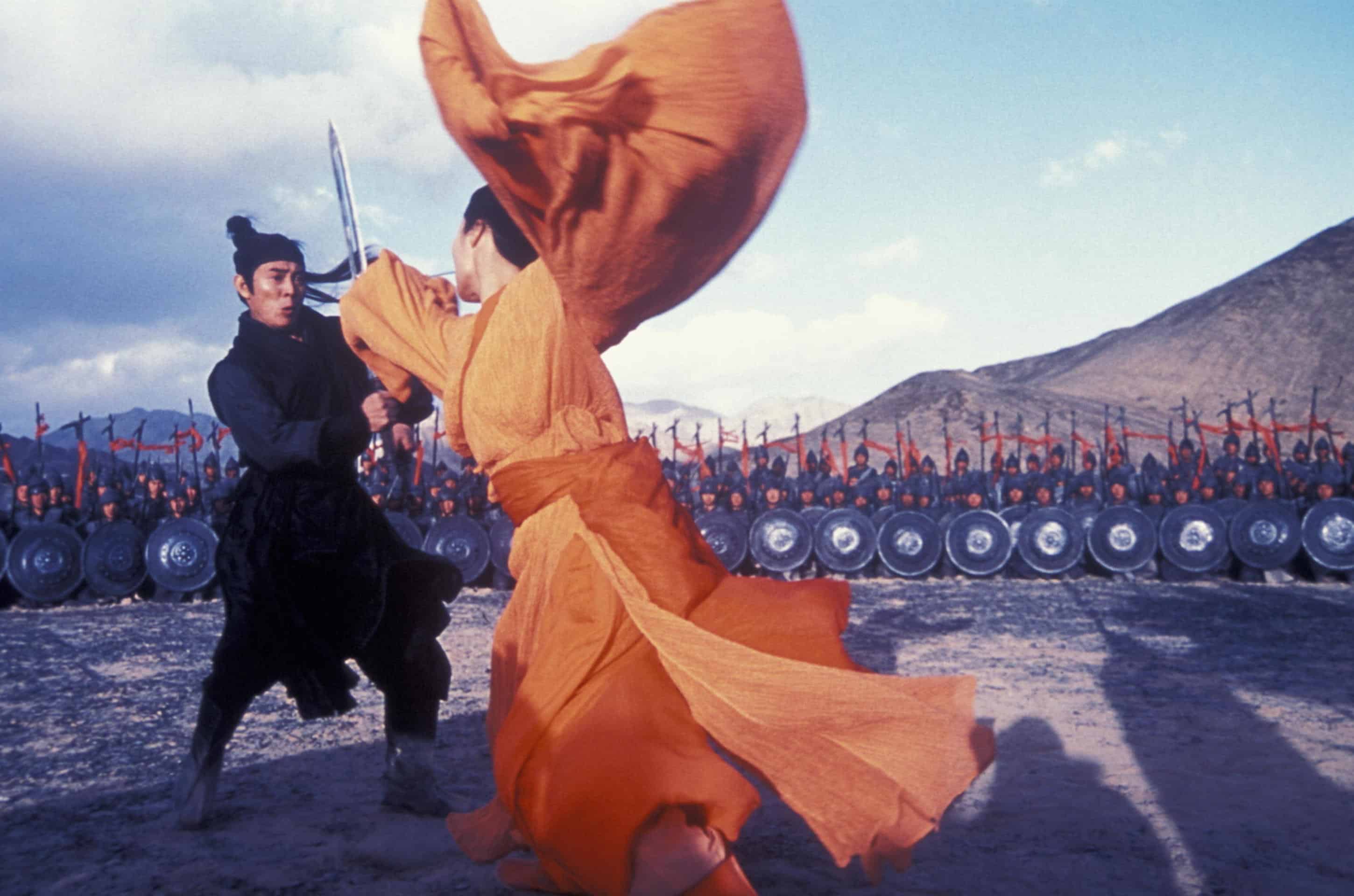
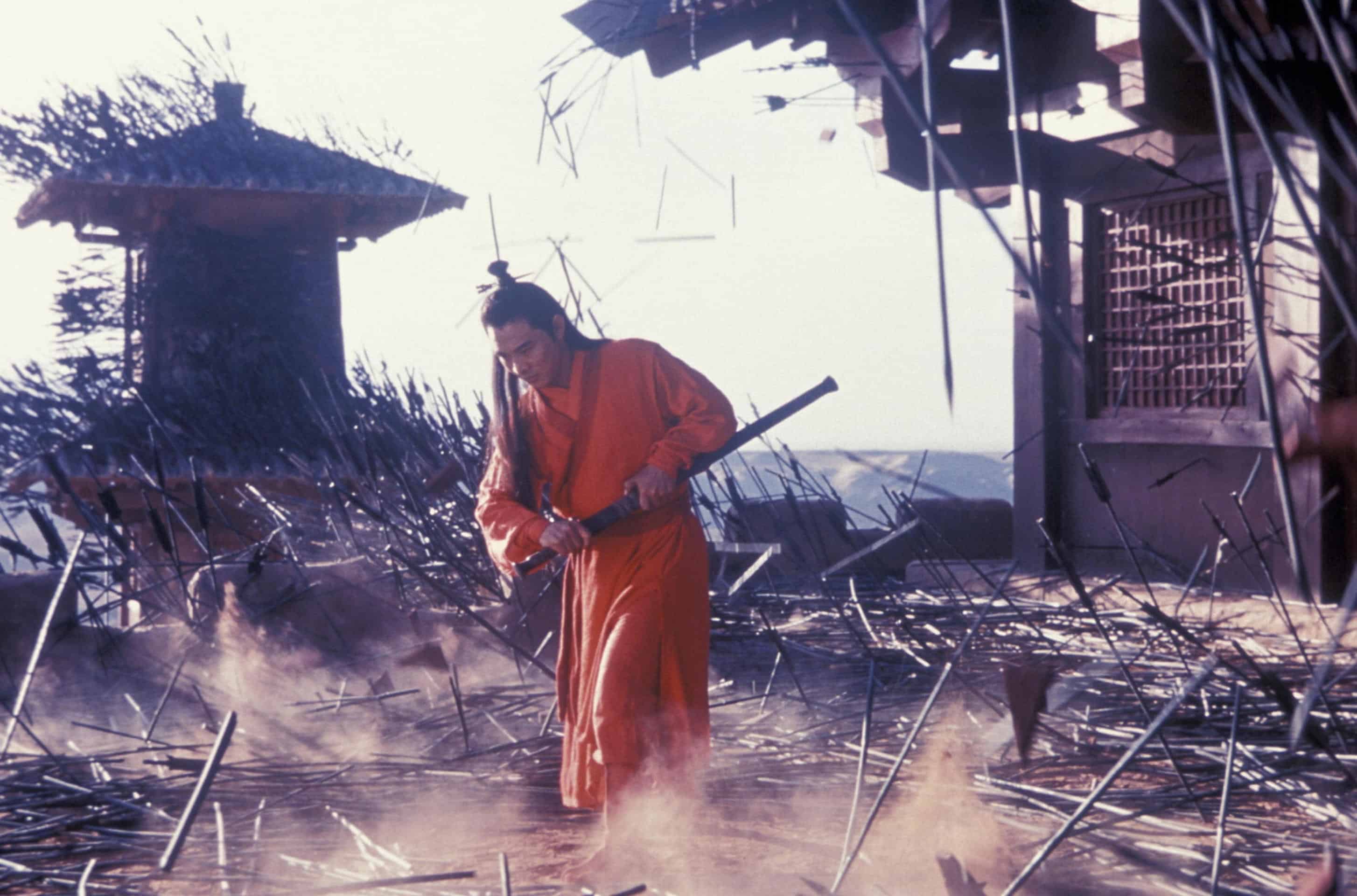
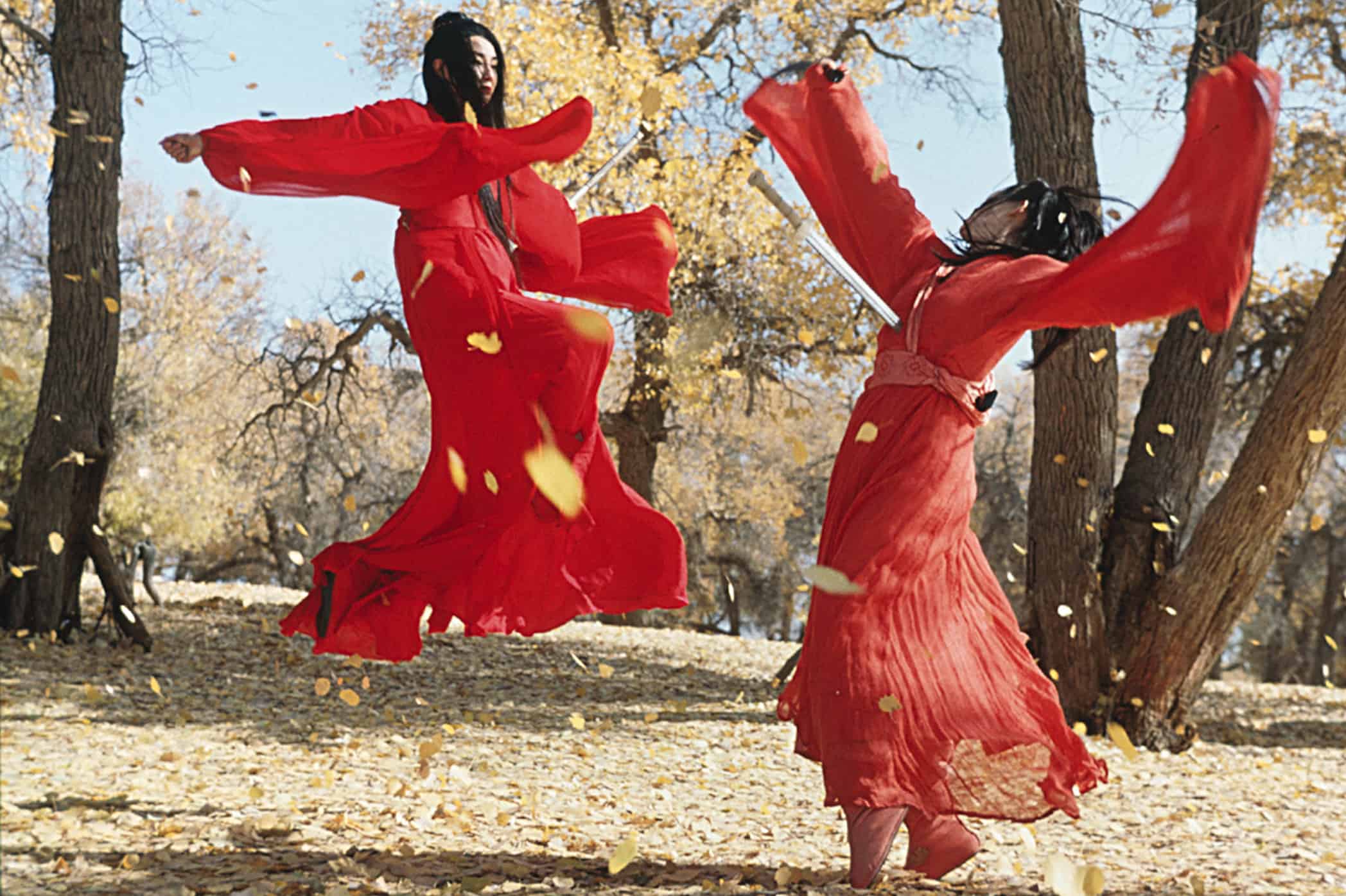
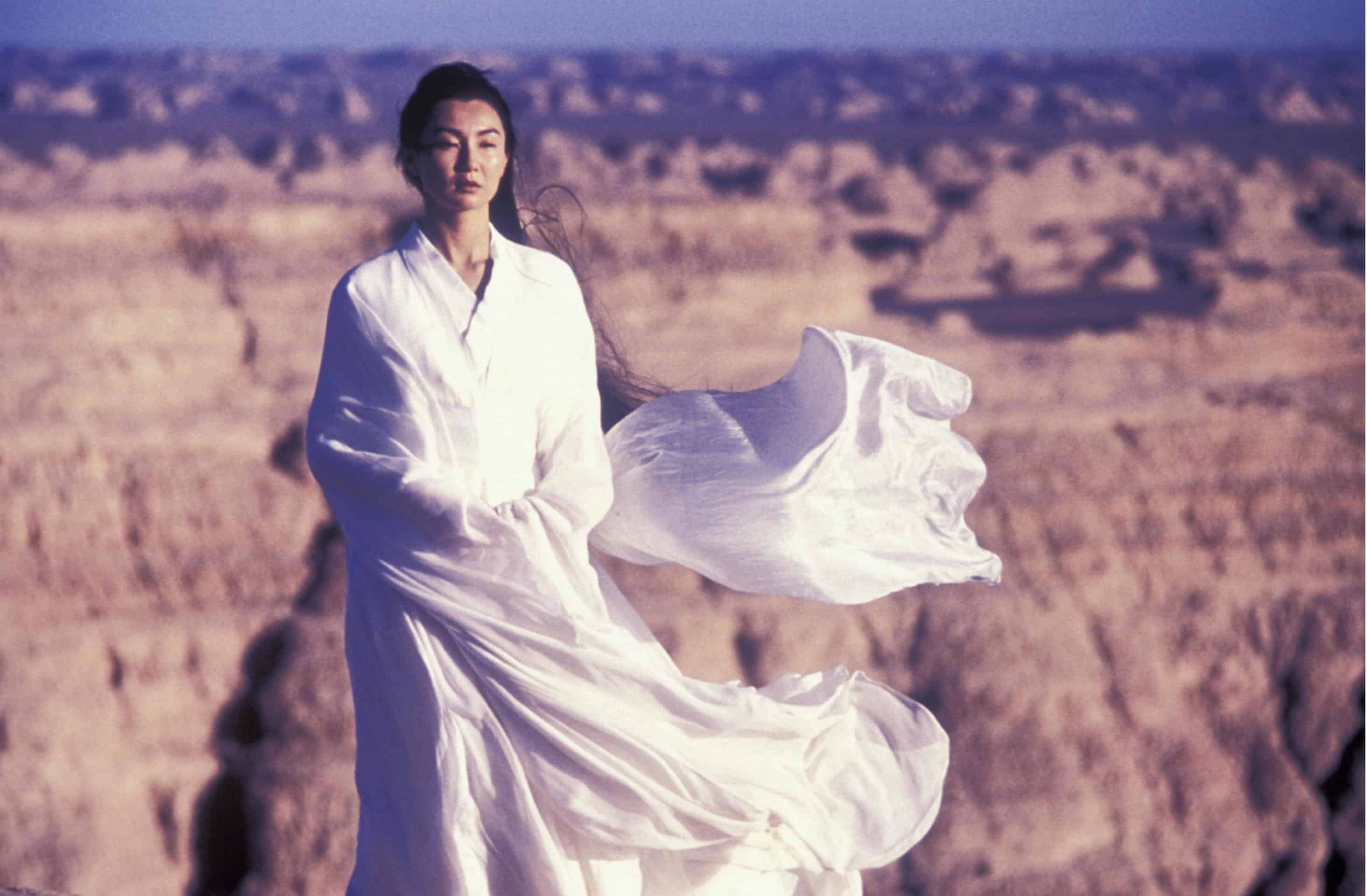
Featured Videos
Official Trailer
Comments
Loading comments...